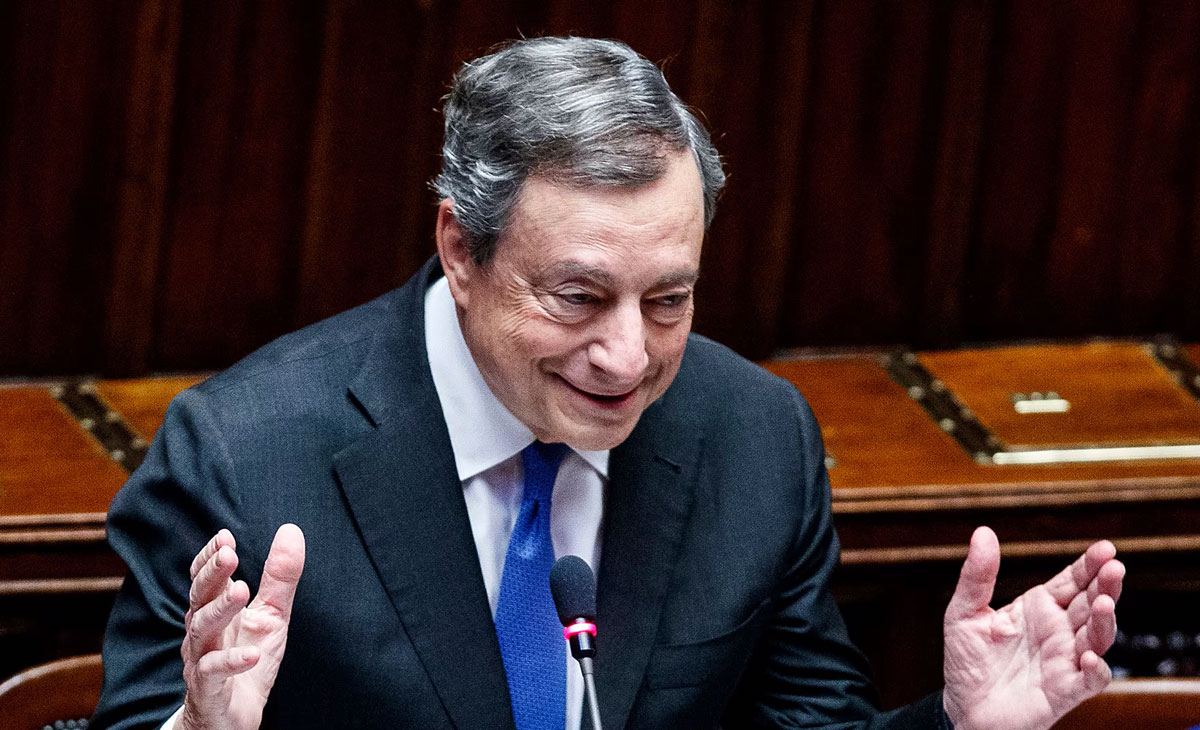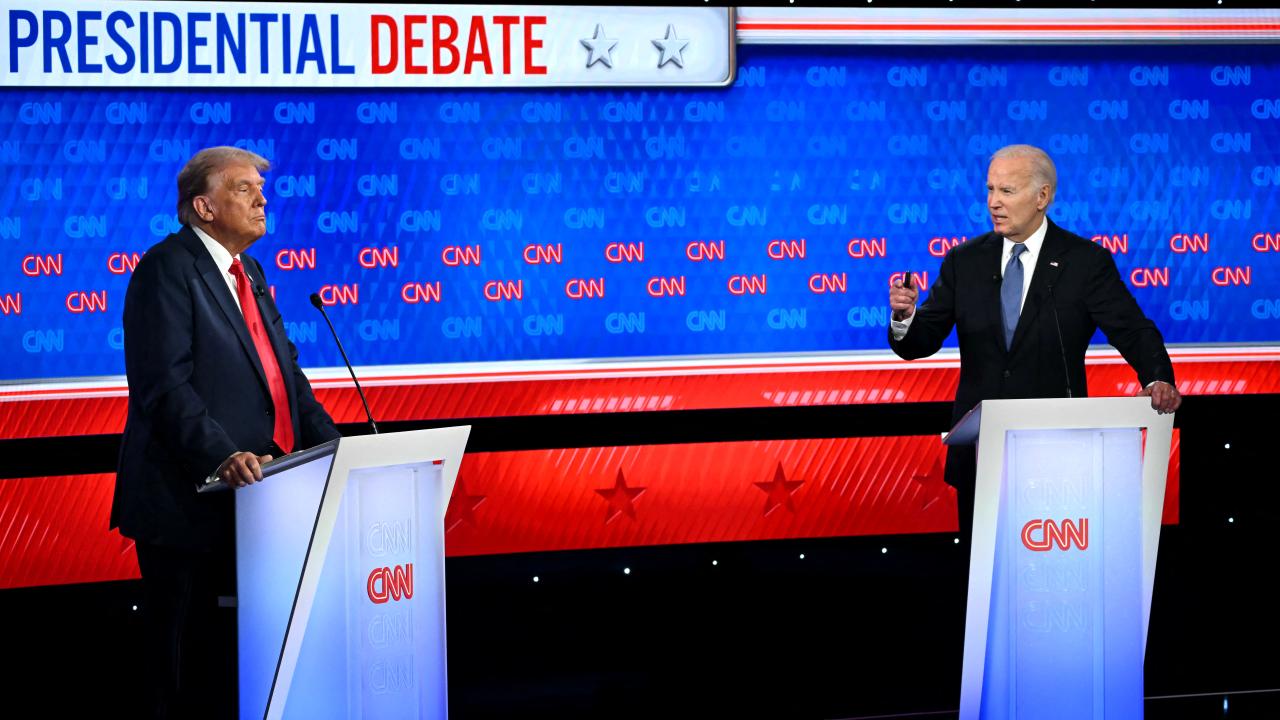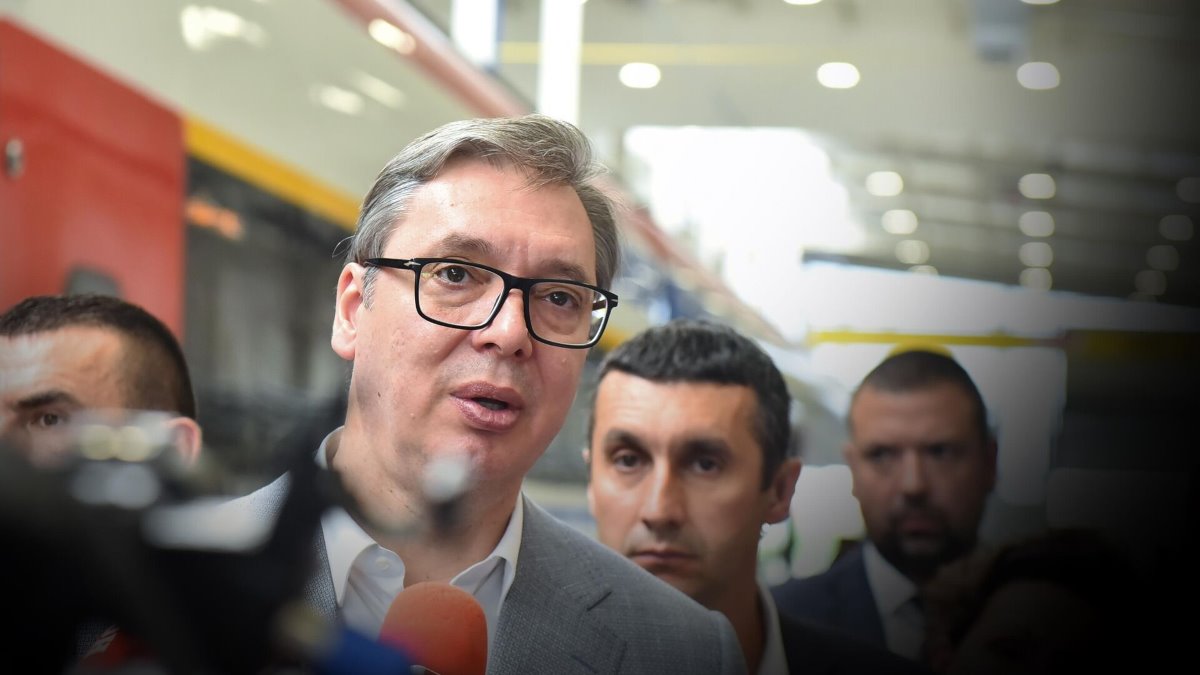In his January 14, 2024, editorial for the Italian newspaper Il Fatto Quotidiano, Marco Travaglio delivers a scathingly irreverent critique of the European political scene, with a sharp focus on Mario Draghi. During a secretive meeting of the EU Commission in Brussels, where Draghi was tasked with drafting a report on European competitiveness, Travaglio seizes the opportunity to highlight, with biting sarcasm, the chasm between the saintly media portrayals of Draghi and the actual policies he implements. Travaglio paints Draghi as a near-messianic savior in some newspapers, while pointing out the superficiality of the analyses in the report, which read more like obvious statements than groundbreaking revelations. The article then questions Draghi’s consistency, alluding to his fossil-fuel-friendly energy policies in contrast to the need for a green transition, and sanctions against Russia that have ended up hurting Europe more than their intended target. With piercing irony, Travaglio sheds light on the gap between the expectations raised by political figures like Draghi and the reality of their actions and outcomes.
The Grand Banality
The new season of House of the Dragon kicked off last Friday in the Brussels countryside, where Mario Draghi, commissioned by von der Leyen to prepare a report on European competitiveness, met the EU Commission behind closed doors. And Draghi’s hagiographers immediately gathered in worship. Il Giornale soberly recounts “the smiles, the kisses, the embraces with von der Leyen who speaks to him and looks at him in ecstasy… Everyone wanting to get close to SuperMario. The star. The man who saved the euro and perhaps, maybe, who knows,” (whatever that means). According to Corriere della Sera, he “seemed deeply immersed in his work,” like a man soaking in a tub. Stampa, Repubblica, and Corriere della Sera describe him “in listening mode.” For Repubblica, “he takes notes and almost always nods in agreement,” like those bobbleheads on car dashboards. The outcome is historic: “not a Bible,” but “a government program” or something “very similar” (Il Giornale). Let’s see this precious incunabulum full of dazzling revelations. Between COVID and Ukraine, “the EU economy has progressively weakened… to the benefit of other countries like the USA and China.” Really? “The war in Ukraine has confirmed the economic and geopolitical fragility of Europe” and now calls for an accelerated “green transition.” Tell me something I don’t know.
And while all this was happening, he was obviously on Mars. He wasn’t cutting renewables to focus on fossil fuels, regasification plants, drilling, and nuclear. He wasn’t leading the least Europeanist and most American government in Italy’s history. He wasn’t sending weapons and inventing sanctions meant to bend Russia “by the summer” of 2022, but instead bent Europe. Mariologists assured that the sanctions against Putin were suggested by Draghi, to the EU and even to Biden and Yellen, but it must have been a namesake doppelgänger. Otherwise, you wouldn’t ask the one who spread the virus to study the vaccine. It’s actually very simple, in its brilliance: “define a broad and detailed roadmap” (not, as one might think, skimpy and vague), “clearly identify priorities” (right, not obscurely), after a “thorough analysis” (of course, not rough), “open to listening to all relevant stakeholders” (avoiding the insignificant ones), “to the contributions of all those interested in giving them” (good: those not interested don’t contribute) and “to decisive and ambitious solutions” (right: not the weak and surrendering ones). So, most of the work is done. Only the last flashes of genius are missing: there are no longer mid-seasons, Paris is always Paris, Venice is beautiful but I wouldn’t live there, health is everything, there’s only one mother, and anyway (in case the roadmap doesn’t work) money doesn’t buy happiness.
Il Fatto Quotidiano, 14 gennaio 2024





